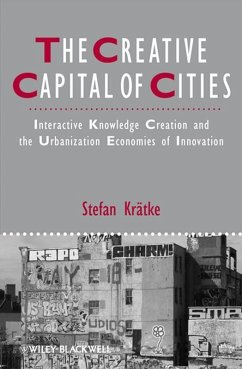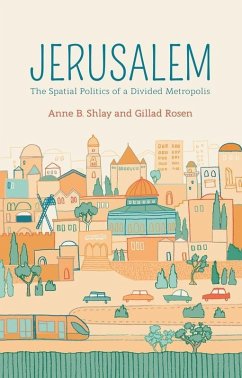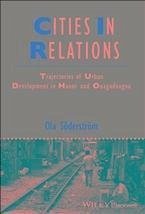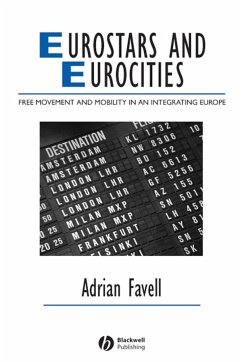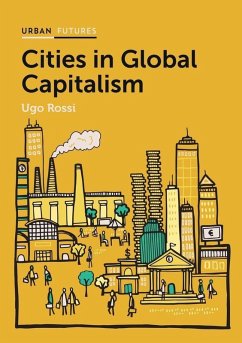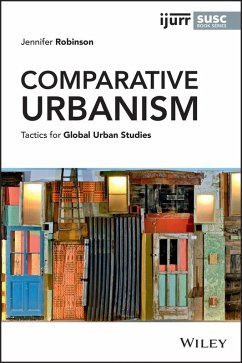
The Creative Capital of Cities (eBook, PDF)
Interactive Knowledge Creation and the Urbanization Economies of Innovation
Versandkostenfrei!
Sofort per Download lieferbar
20,99 €
inkl. MwSt.
Weitere Ausgaben:

PAYBACK Punkte
0 °P sammeln!
This book challenges the new urban growth concepts of the creative class and creative industries from a critical urban theory perspective. * Critiques Richard Florida's popular books about cities and the creative class * Presents an alternative approach based on analyses of empirical research data concerning the German urban system and the case study regions, Hanover and Berlin * Underscores that the culture industry takes a leading role in conforming with neoliberal conceptions of labor markets
Dieser Download kann aus rechtlichen Gründen nur mit Rechnungsadresse in D ausgeliefert werden.



